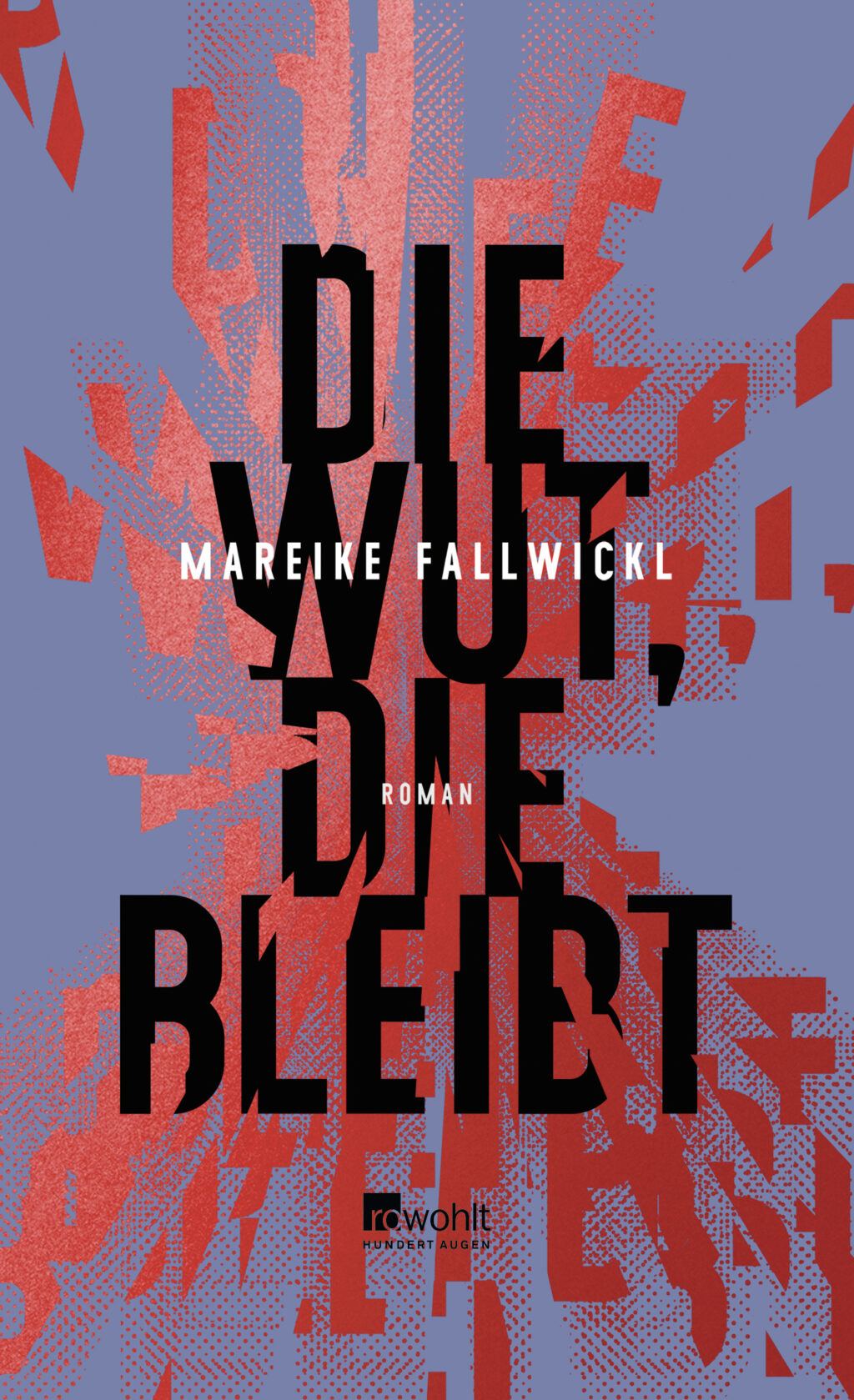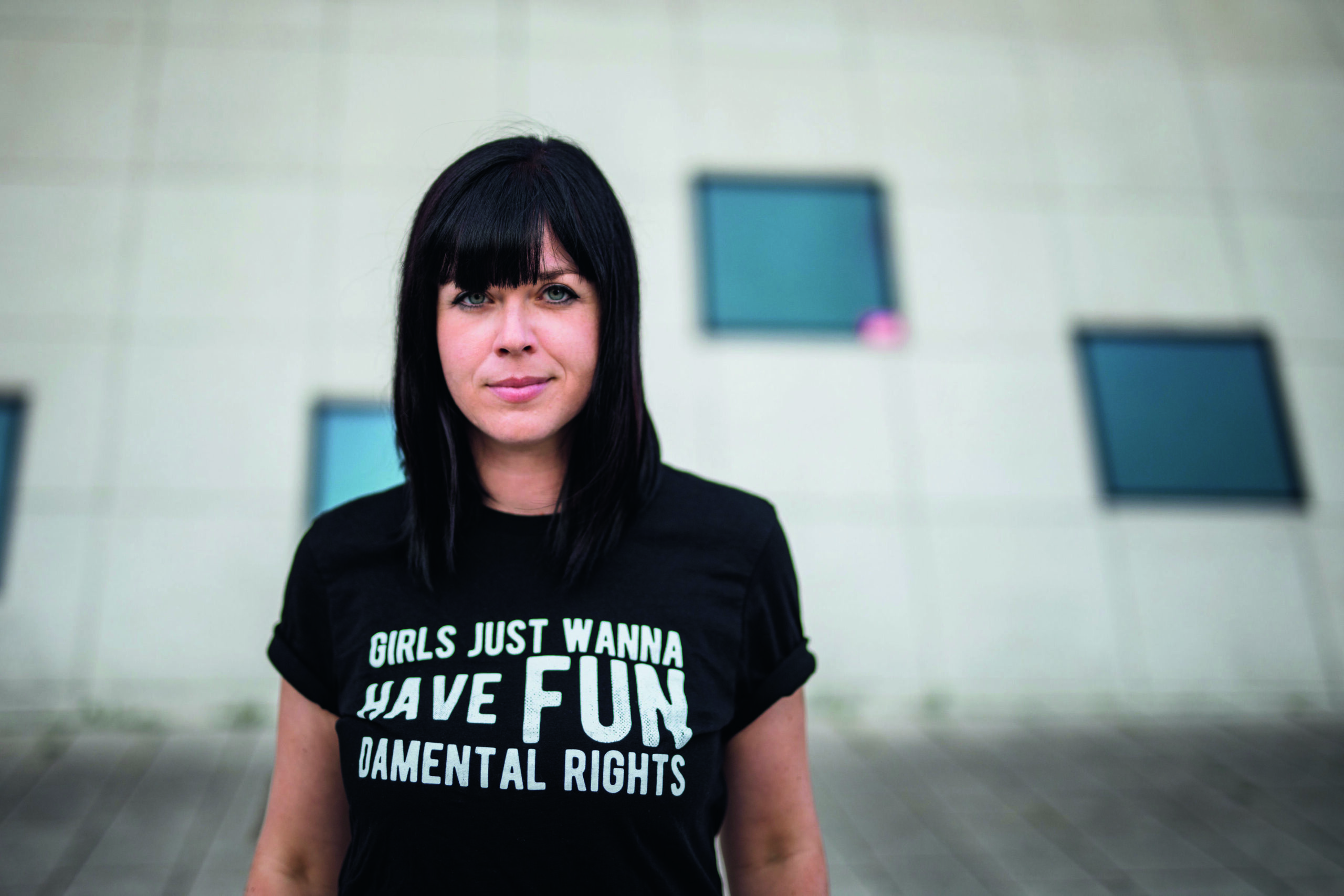review
The Rage that Remains is a dark and challenging, kitchen-sink-meets-gang-violence tale set in Salzburg and dealing with suicide, family, friendship, gender and sisterhood. A remarkable examination of women’s roles and experiences, set against the backdrop of Covid lockdowns, that should appeal to readers of Gillian Flynn, Otessa Moshfeg and Emma Cline.
Helene gets up at dinner one evening, walks to the balcony and steps over the edge, leaving her family (ineffectual husband Johannes, daughter Lola and younger sons Maxi and Lucius) bereft of its lynchpin. Helene’s childhood friend, Sarah, comes to help: she’s a successful novelist with a younger partner, a big house and a cleaner, but she moves in, learning the truth of a mother’s lockdown life and realising she should have supported her friend better.
Challenged by Lola, and in conversation with the ‘ghost’ of Helene, Sarah becomes willing to confront society’s expectations of women. She stops controlling her eating and dressing to please men, recognises the one-sided nature of caring, finally tells Johannes he must parent his own children, and ejects her partner.
Lola has no natural parent (though her absentee biological father, ‘The Begetter’ provides generous financial support) and struggles to cope with her mother’s sudden, unexplained death. She catapults into self-harm, an eating disorder and a growing inner rage. Attacked by boys while skateboarding, her fury at female impotence in the face of male violence propels her to join a women’s self-defence group. She learns to love her body as a machine that works for her and can be strong and look the way she wants regardless of societal expectations.
Lola’s voracious reading leads her to conclude that self-determination for women means an eye for an eye, though not killing. She, her best friend Sunny and two other girls from the class become vigilantes, seeking out men who hurt women, beating them up and carving K for Karma onto the men’s faces.
When the group targets a paedophile ex-teacher, the possibility that her mother may have been one of his victims makes Lola careless, and the man has a heart attack while being beaten. Lola alerts a neighbour, but the group realise they may be caught and decide to run away using money from The Begetter, in order to continue their work. Lola’s story ends here; enveloped in the love of her friends, empowered to use the rage that remains inside her to kindle other women’s anger and prompt them to do whatever it takes until women stand together and society achieves an equality that makes violence obsolete.
The story is told from the points of view of Lola, Sarah and occasionally Helene, allowing the author to question women’s roles and responses from different angles: the consequences of having no space to be yourself; women’s visceral commitment to the children they bear; the invisible daily grind of domestic duties; society’s assumptions about women’s capabilities.
Lola represents more explicit rage against the status quo, rejecting men both as partners and as trustworthy members of society. But she eventually comes to terms with her mother’s death, seeing it as a final, personal response to society’s betrayal of women in general. Moving from self-harm to self-love, from starvation to focused eating, Lola rejects the expectation that women will be slim, weak, desirable and harm-able.
The alternating points of view and the novel’s diverse and periodically shocking content make for a compelling and uncomfortable narrative full of fundamental truths and important questions about the everyday dangers, fears and restrictions faced by women and girls. The direction it will take remains a mystery to the end.




All recommendations from Spring 2022